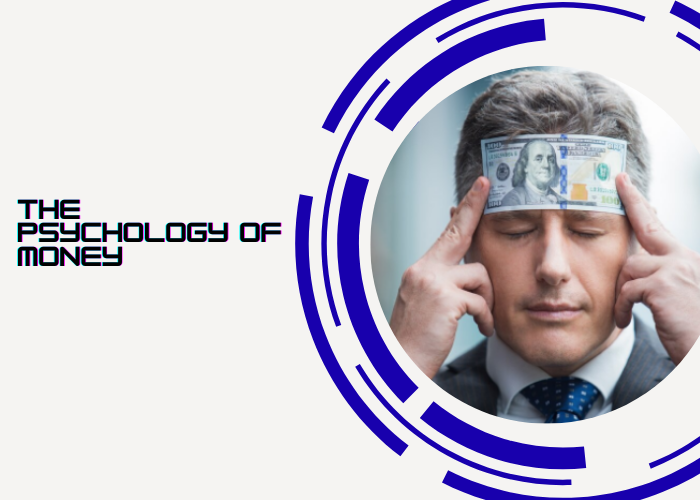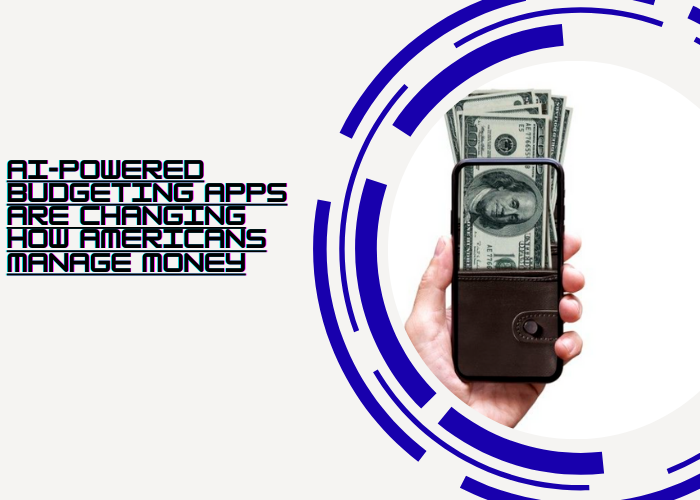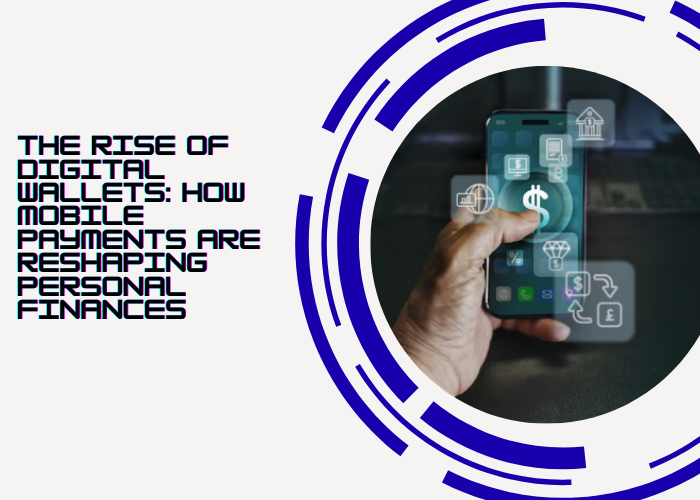Less Money, More Freedom
Minimalism in personal finance is not about giving up all pleasures or living without joy. It’s about intentionally removing unnecessary expenses so that your spending, saving, and investing align with your real values. By focusing on stability, experiences, and reclaiming your time, you create a sustainable financial lifestyle that prioritizes what truly matters.
The Hidden Cost of Clutter
Financial clutter goes beyond the unused gadgets collecting dust in your home. Every forgotten subscription, impulsive purchase, or item you never use represents wasted money and mental energy. This clutter isn’t just a financial burden; it also diminishes focus and increases stress. A minimalist approach encourages evaluating each expense, cutting unnecessary costs, and redirecting resources toward savings, investments, or experiences that bring genuine satisfaction.
Research consistently shows that people who spend less on material possessions and more on experiences report higher levels of happiness. By eliminating clutter, you not only improve your financial health but also support emotional well-being, creating a virtuous cycle between money management and life satisfaction.
Minimalism Is Not Deprivation
Many people mistakenly associate minimalism with sacrifice or living without joy. In reality, minimalism is about conscious choices. For example:
- One high-quality jacket instead of five low-quality ones
- One streaming service instead of seven monthly subscriptions
- One meaningful trip instead of multiple small splurges that quickly fade
By reducing excess, minimalism frees both financial and mental resources. This allows you to invest in things with lasting impact, whether that’s skill-building, travel, or personal growth.
Financial Benefits of Minimalism
Adopting minimalist money habits provides immediate and long-term financial advantages. By cutting unnecessary expenses, you increase your savings rate without needing a salary increase, which compounds over time into debt reduction, investment growth, and financial independence. Key benefits include:
- Lower monthly expenses, reducing dependence on every paycheck
- More funds available for investments and emergency savings
- Reduced debt, as minimalism discourages impulsive spending
- Higher quality purchases that last longer, saving money over time
- Greater focus on experiences that create lasting memories and satisfaction
Over time, these small changes accumulate into a stable financial foundation, increasing flexibility and resilience in your personal finances.
How to Practice Minimalist Money Habits
Minimalism in personal finance doesn’t require dramatic lifestyle changes. Small, consistent actions can produce significant results:
- Cancel unused subscriptions and memberships to stop unnecessary cash outflows
- Follow the “one in, one out” rule for purchases to maintain balance and prevent accumulation
- Pause for 24 hours before buying non-essential items to reduce impulsive decisions
- Automate savings before spending to ensure consistent wealth-building
- Track spending monthly to identify waste and adjust habits
These practices cultivate awareness and control over your money, aligning your financial behavior with your long-term goals.
Why Experiences Beat Possessions
Minimalist finance encourages allocating money toward experiences rather than material goods. A new phone may provide short-term excitement, but a trip, educational course, or hobby delivers long-lasting memories and skills. Experiences often continue to provide value well after the purchase, unlike possessions, which depreciate and require upgrades. By prioritizing experiences, you not only increase happiness but also create opportunities for personal growth and meaningful connections.
The Role of Investing in Minimalist Finance
Minimalism creates surplus cash, but how you use that surplus is equally important. Redirecting funds into investments—such as index funds, bonds, or real estate—allows your money to grow over time instead of sitting idle. By combining minimalism with a disciplined investment strategy, you transform financial breathing room into long-term wealth and independence. Minimalist finance, therefore, isn’t just about spending less; it’s about making money work for you.
Long-Term Impact on Financial Freedom
Adopting minimalist principles can accelerate the journey toward financial freedom. Reduced spending and smart investing build wealth faster, while conscious lifestyle choices reduce stress and improve overall life satisfaction. Over time, minimalism encourages a focus on goals rather than consumption, helping you achieve both security and freedom. The mindset shift—asking “Do I even need this?” before every purchase—reframes decision-making, aligning daily habits with long-term priorities.
Conclusion: Less Really Is More
Minimalism in personal finance is a transformative approach that combines intentional spending, strategic investing, and mindful living. It encourages removing unnecessary expenses, prioritizing experiences, and building wealth that supports freedom and security. Minimalism is not about deprivation; it’s about making room for what truly matters: time, peace of mind, and financial independence.
By embracing minimalist principles, individuals can achieve clarity, stability, and satisfaction in both their finances and personal lives. In 2025, when economic uncertainty and consumer overload are common, minimalism offers a practical path to greater happiness, smarter money management, and sustainable financial success.



